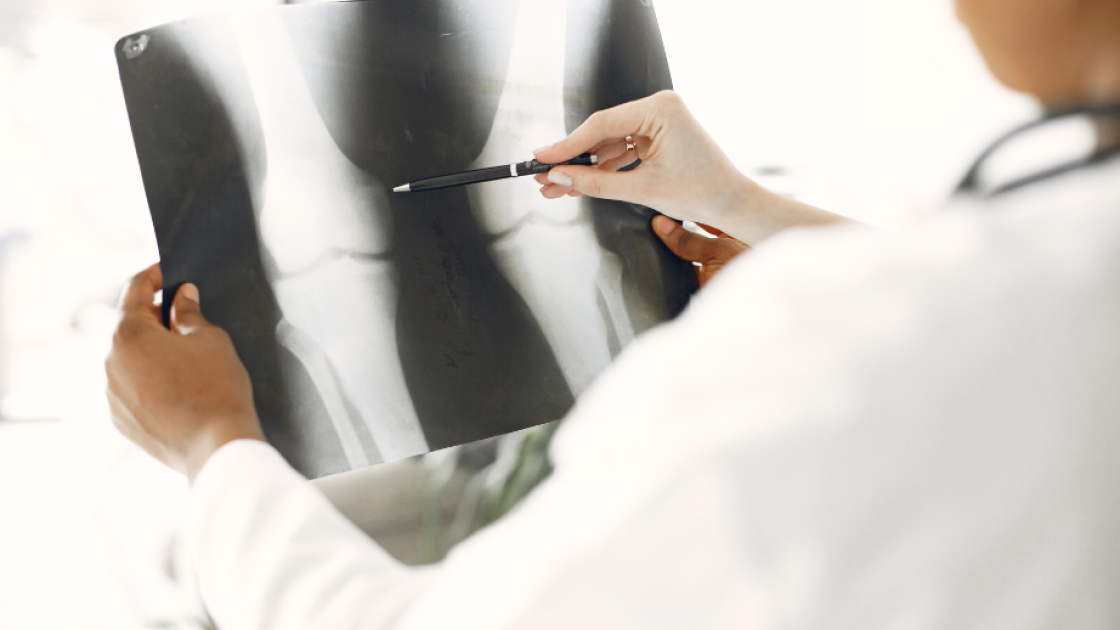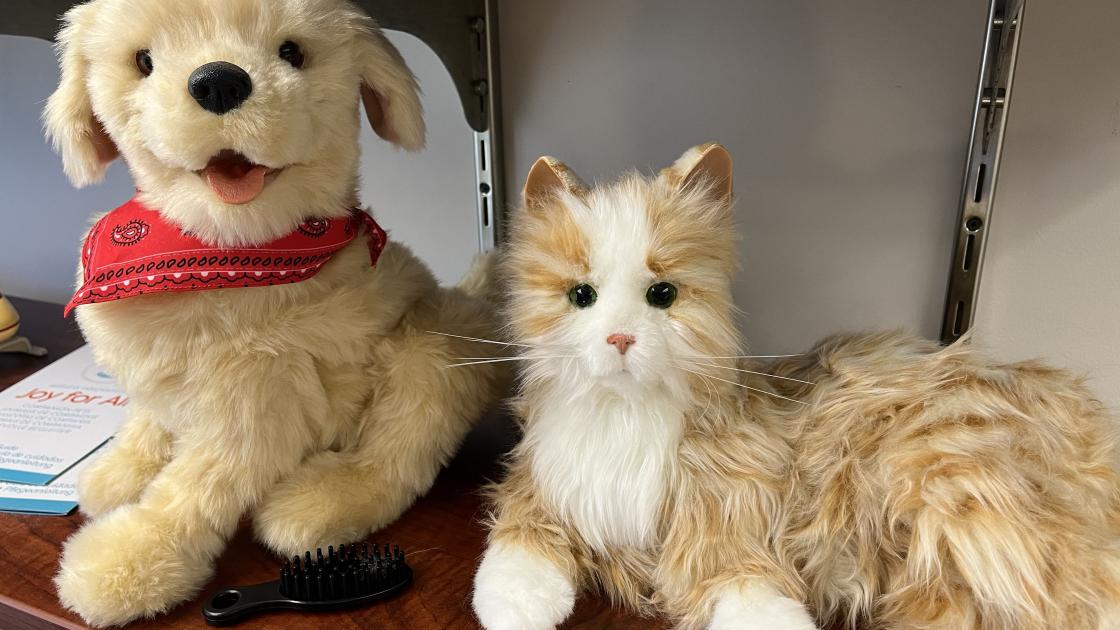
Bones and you: Hormones, what's the link?
Did you know that 12.6% of adults 50 and older suffer from osteoporosis? Women suffer at higher rates 12.1% with more than half experiencing a fracture or broken bone in their lifetime.
Osteoporosis is a chronic condition where the bones become weak and brittle from loss of bone density. Sufferers tend to have higher rates of breaks with longer recovery times; and with Osteoporosis, a cycle is created with reoccurring fractures.
Most will reach peak bone density by their late 20s— and no amount of milk is going to improve what is already there. What's important now is how you can maintain healthy bones strength and minimize bone mineral loss.
Misconceptions about bone health
Speaking of milk, did you know that researchers have found that countries with the highest consumption of dairy products also have the highest incidents of bone fractures? While calcium is a good start for strong bones, you also need other nutrients like magnesium and vitamin D. Having a healthy blend of vegetables and proteins and, of course, dairy, provides the necessary blend to prevent osteoporosis in the future.
Interested in some bone health recipes? Check out Culinary Medicine for tips and tricks to get all the nutrients you need.
Another misconception about bone health is that you’ll know if you have osteoporosis because you’ll feel your bones get weaker. Osteoporosis is called the “silent disease” because one day you’re throwing a ball with your family and the next day you’re in the ER with a broken arm. The only way to know the health of your bones is by regular bone density screenings (DEXA scans).
Hormone effects on bones
How much did you grow during puberty?
Most people will double in skeletal mass, with more than half of the total body calcium created during puberty. A huge contributor to this is the increase of hormones during this period.
Studies have found that estrogen has a strong association with bone health, specifically on the health of osteoblasts in the bone. Osteoblasts are responsible for building new bone tissue; estrogen stimulates osteoblast activity and extends their lifespan, allowing for more bone tissue to be formed. For men, testosterone plays a similar role.
Another hormone that plays a huge part in bone development is cortisol, or glucocorticoids. Cortisol is often called the “stress hormone” because of its increase during stressful situations. While not entirely negative, high levels of cortisol can inhibit bone formation, reducing the lifespan of osteoblasts.
Keeping your hormones in balance allows for optimal bone health—not too much and not too little. That's easier said than done, especially during such a tumultuous time like teenage-hood. Having access to healthy outlets for emotions can improve hormone management during teen years, as well as a consistent, daily routine.
Adult bones
Women have a lot of changes to their hormones during their lifetime. One significant example is pregnancy.
While you’d think that the increase in estrogen during pregnancy would lead to an overall increase in bone mineral density, these changes are only temporary. In fact, studies of DEXA scans of women during pregnancy shows a decrease in bone density by 1-5%, especially in the hip and spinal area. Breastfeeding can also temporarily decrease bone density as the body draws calcium from maternal bone stores. Luckily for most women, this change is temporary, with most fully recovering after breastfeeding.
But there is no temporary solution for Menopause.
As women age, their estrogen levels drop and so does their bone mineral density. Combined with the onset of menopause, the natural decrease in estrogen and general bone density loss is a recipe for disaster.
But don’t think men are scot-free from suffering from Osteoporosis: 3.3% of men will suffer from osteoporosis, the number only increasing the older they get. Hip fractures become particularly high in men after the age of 75.
How to help maintain hormones and bones
A DEXA scan will check your bone density levels and alert your doctor if you may have osteoporosis in the future. Your doctor may make recommendations based on the information to help you down the right path.Being prepared for Menopause can help prevent future loss of bone density. Talk with your doctor about what options are available and what works best with your lifestyle.
Listen to Dr. Casey Younkin discuss osteoporosis and bone health.
The best way to prevent the onset of osteoporosis is with healthy habits at home.
Consistent, balanced exercise tells your bones to become stronger to keep up with your mobility. A good, 30-minute brisk walk three times a week will make a world of difference the older you get. If possible, having both a high-impact and low-impact activity provides a well-rounded experience for your bones.
Interested in exercises for bone health? Check out Stability & Physical Wellness to get started.
Make sure to get a full 8-hours of sleep. A good night routine will help reduce stress levels, reduce your risk of injury and help regulate your heart rate.
Holistic bone health is holistic hormone health.
While you can’t control all of the factors that play into bone health, you can build a healthy lifestyle that minimizes the impact of bone density loss. At SIU Medicine we want to help you live your healthiest life. Schedule an appointment with one of our providers today to start your journey to better health.
Interested in knowing more about bone health? The team at SIU Medicine is ready to help you begin your journey to a healthier bone tomorrow. Call 217.545.8000 or schedule an appointment today.



